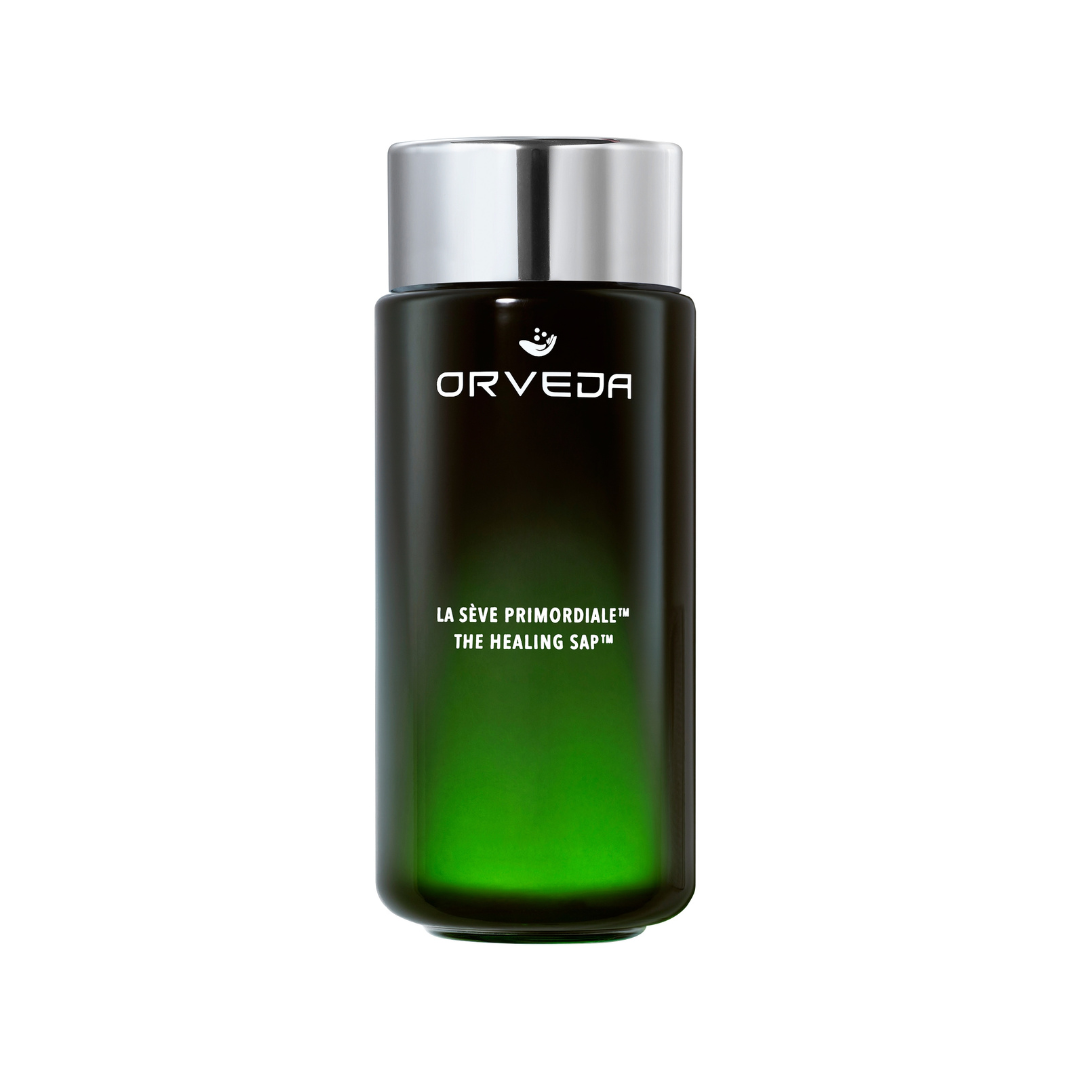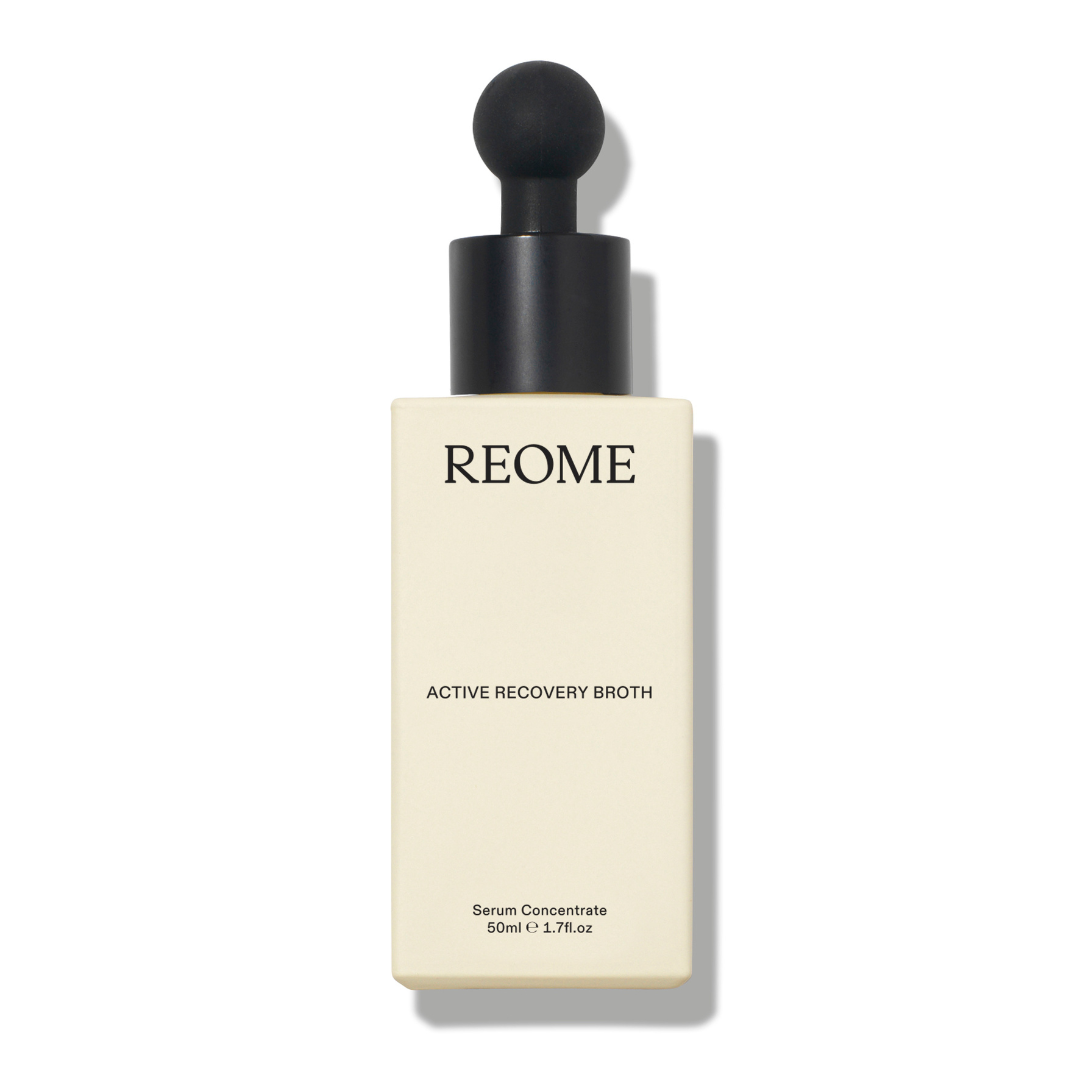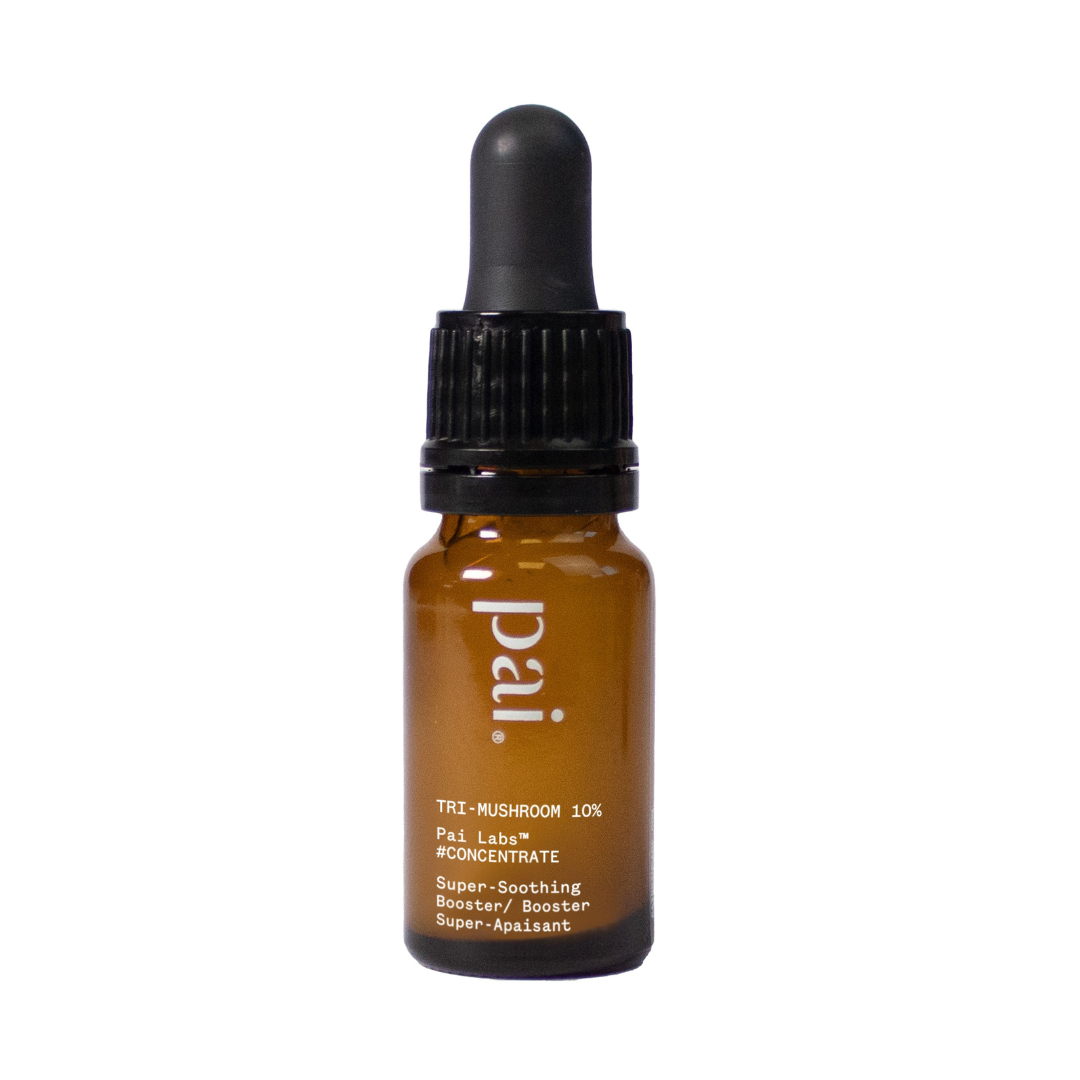In The Loop: Why the beauty industry is moving towards lab-grown beauty and away from plant-based sourcing
Could biotechnology and the replication of botanicals be vital to the evolution of natural beauty?
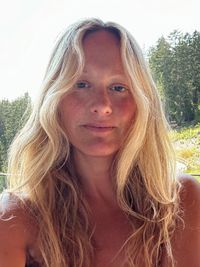
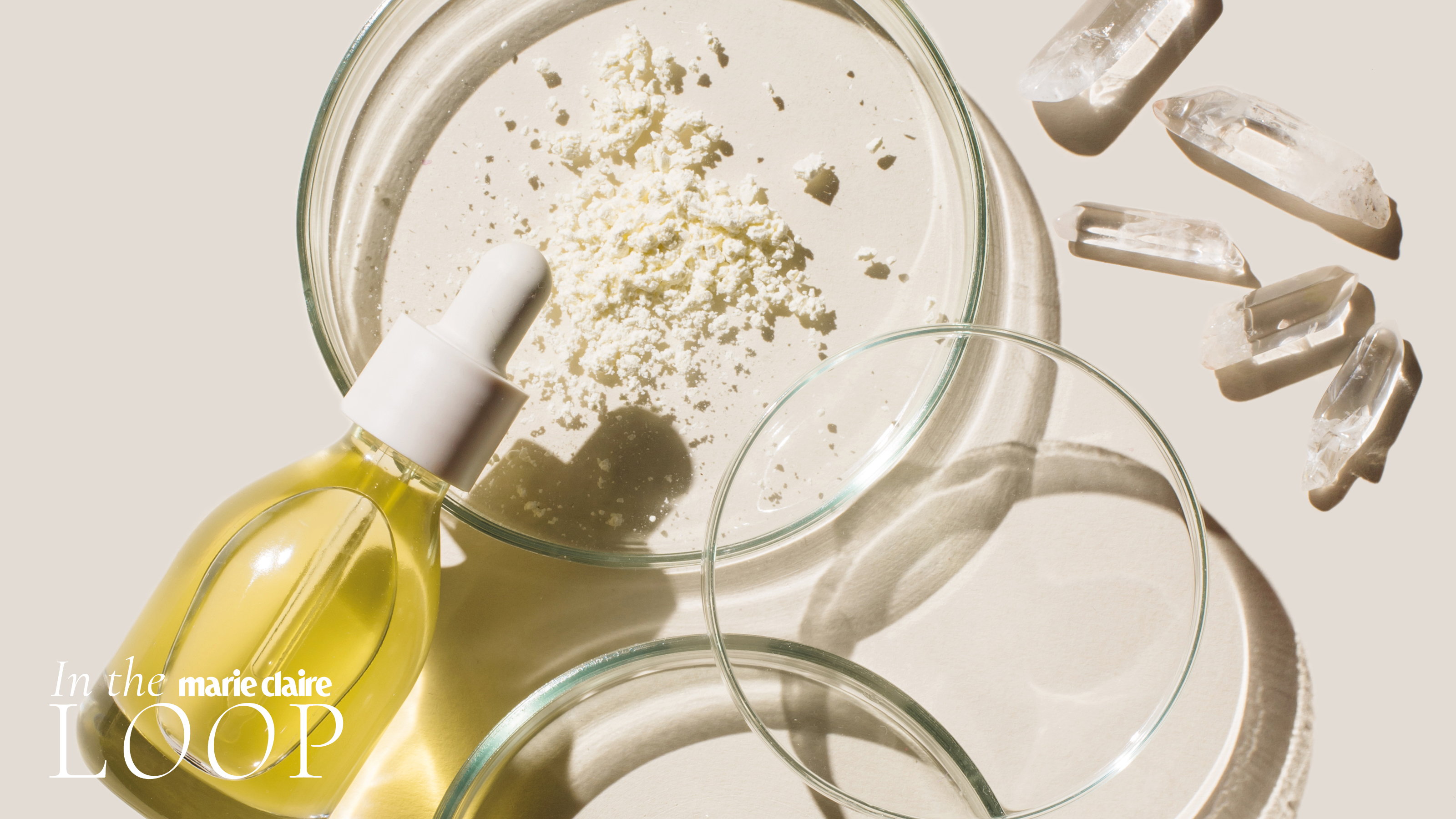
Celebrity news, beauty, fashion advice, and fascinating features, delivered straight to your inbox!
You are now subscribed
Your newsletter sign-up was successful
Each month, Marie Claire’s Beauty and Style Director Lisa Oxenham reports on sustainability advancements in the beauty industry.
I’m a devoted nature-lover who has always loved plant-based products with ingredients derived from nature. That is provided they are obtained in a responsible manner, with minimal negative impact on the environment. It's why I buy into brands that actively help to enrich the soil and increase biodiversity at the same time as sourcing, rather than simply stripping our planet of its natural resources.
Over the last few years, nature-based beauty products have seen a huge rise in popularity due to plant-based ingredients generally being sold to us as more environmentally-friendly, but that’s not always the case. Many ingredients require large quantities of farmland, water, and energy leaving behind a much larger carbon footprint. Alongside pesticides depleting soil and reducing biodiversity, this is only exacerbating our sustainability problem.
This is where rapidly advancing biotechnology comes into play - and why it has been making progress with beauty companies who prioritise sustainability, safety, quality and efficacy.
“This is the irony of skincare today; we’re led to think that natural extracts are better, and are in some way, gentler, purer, and more earnest, but the impact of their extraction is often anything but gentle, and there are now huge swathes of lands in North Africa and Brazil that will never recover from decades of over-farming,” says Joanna Ellner, acupuncturist and founder of holistic skincare line Reome.
We’re led to think that natural extracts are better, and are in some way, gentler, purer, and more earnest, but the impact of their extraction is often anything but gentle.
Joanna Ellner, founder of Reome
This rings true especially now with the global market value for natural cosmetics and personal care expected to increase from 37 billion dollars in 2022 to roughly 59 billion dollars in 2031 (source: Statista, 2023). Palm oil, for example, found in around 50% of our beauty products, is partly responsible for over 60% of today's deforestation – the unpalatable reality of plant-based sourcing.
“Biotechnology is the process by which natural ingredients are synthetically mimicked and reproduced in the lab as a means to reduce the detrimental impact of harvesting and extraction wrought by the beauty industry,” enthuses Ellner, who believes biotechnology is unquestionably the future of advanced skincare.
Celebrity news, beauty, fashion advice, and fascinating features, delivered straight to your inbox!
Biotechnology also enables formulators to "produce a specific ingredient, and more of it, and even "tweak" it to make the newly biotech active more potent than in nature," says Ulrich Katusevanako, Head of New Product Development and Scientific Communication at Orveda, an early adopter of green science. "In turn, some biotechnologies reduce water consumption and land space compared with traditional extraction methods offering infinite possibilities and preserving biodiversity without depleting nature.”
A post shared by Orveda (@orvedaskincare)
A photo posted by on
This isn't just a fad for the beauty industry, but potentially means moving away from large scale energy-intensive industrial harvesting to microbial factories that make the similar molecules through processes such as fermentation - so we don’t have to extract them from nature.
“Biotechnology represents a wide cultural shift that I find reassuring at this time in our evolution. For me, biotech demonstrates that nature got it right all along, and that’s a really encouraging shift towards becoming better patrons of the Earth we live on,” says Ellner.
In turn, some biotechnologies reduce water consumption and land space compared with traditional extraction methods offering infinite possibilities and preserving biodiversity without depleting nature.
Ulrich Katusevanako, Orveda
On the flip side, biotechnology is a form of genetic modification, which The Soil Association Certification does not support, either from a food or a beauty perspective, saying that they see “no scientific or legal reasoning to exempt any genomic techniques from labelling, traceability, and risk assessment.” Another drawback worth mentioning is that it can be expensive to develop new biotechnologies and hence may not be an affordable option for smaller beauty brands.
As a beauty journalist accustomed to receiving vast quantities of products to test, I’m well aware of the sheer scale of products produced. So while biotech may have a way to go, I am wholly behind any advancement that reduces the impact on the planet and will be keeping an eye on biotech going forward - and will of course keep you posted on my findings, here.
For now, these three brands are committed to the environment, believe that biotech is a clear sustainable beauty solution, and have really helped my skin out:
Orveda
Orveda believes that biotechnology is a limitless science able to use a multitude of processes to transform ingredients into augmented, bio-compatible and sustainable actives and their variety of biotechnologies consists of bio-fermentation, enzymatic catalysis and plant cell culture selected for being compatible with skin’s own biology.
“Biotechnology takes sustainable beauty to the next level by enabling us to create skincare ingredients in a laboratory that are largely identical to how they would be found in their natural state," says Katusevanako.
I swear by the The Healing Sap – it’s an essence to be used before serum, and because it is watery by nature, it prepares the skin for the rest of the routine by hydrating, toning, and smoothing it.
Reome
Infusing biotechnology into their formulas alongside sustainable bio-fermented ingredients was important to Ellner.
“Biotech offers the opportunity to extract relatively small amounts of natural material, and then exacerbate and proliferate it in the lab so that it becomes more effective, as well as being more environmentally sustainable. It also uses a ratio-specific biotech-generated blend of minerals generated from yeast in the lab, which mimic those found in legumes and plants and are essential components for assimilating vitamins into the skin,” says Ellner.
In Reome’s multifunctional daily serum, Active Recovery Broth, the formula includes biotech forms of Vitamin B3 (Niacinamide) and E, ingredients, which are often extracted from avocado and almond oils, to calm and nourish skin.
The broth is deeply nourishing and works to repair and re-densify the skin barrier. I’ve been using it for one month and see a difference in my skin texture and tone.
Pai Skincare
Founder of Pai Skincare, Sarah Brown is a big advocate and user of biotechnology with example ingredients that they source from biotech being hyaluronic acid, vitamin C and their tri-mushroom complex. All three are highly concentrated actives, delivering strong efficacy.
“Biotechnology is an emerging area that utilises enzymes and microorganisms to produce specific ingredients through fermentation,” says Brown. “What's so exciting about it from our perspective as an organic formulator, is that it fulfils many key criteria of green chemistry. It is also such a sustainable choice, as it can protect endangered and over-consumed natural ingredients – as well as reduce waste, carbon footprint and ensure ingredient biodegradability.”
Pai Skincare use biotech ingredients in their booster collection – my favourite is the Tri Mushroom Super-Smoothing Booster as it helps with my skin redness. Believed to have adaptogenic properties, mushrooms help to calm the skin’s stress response.
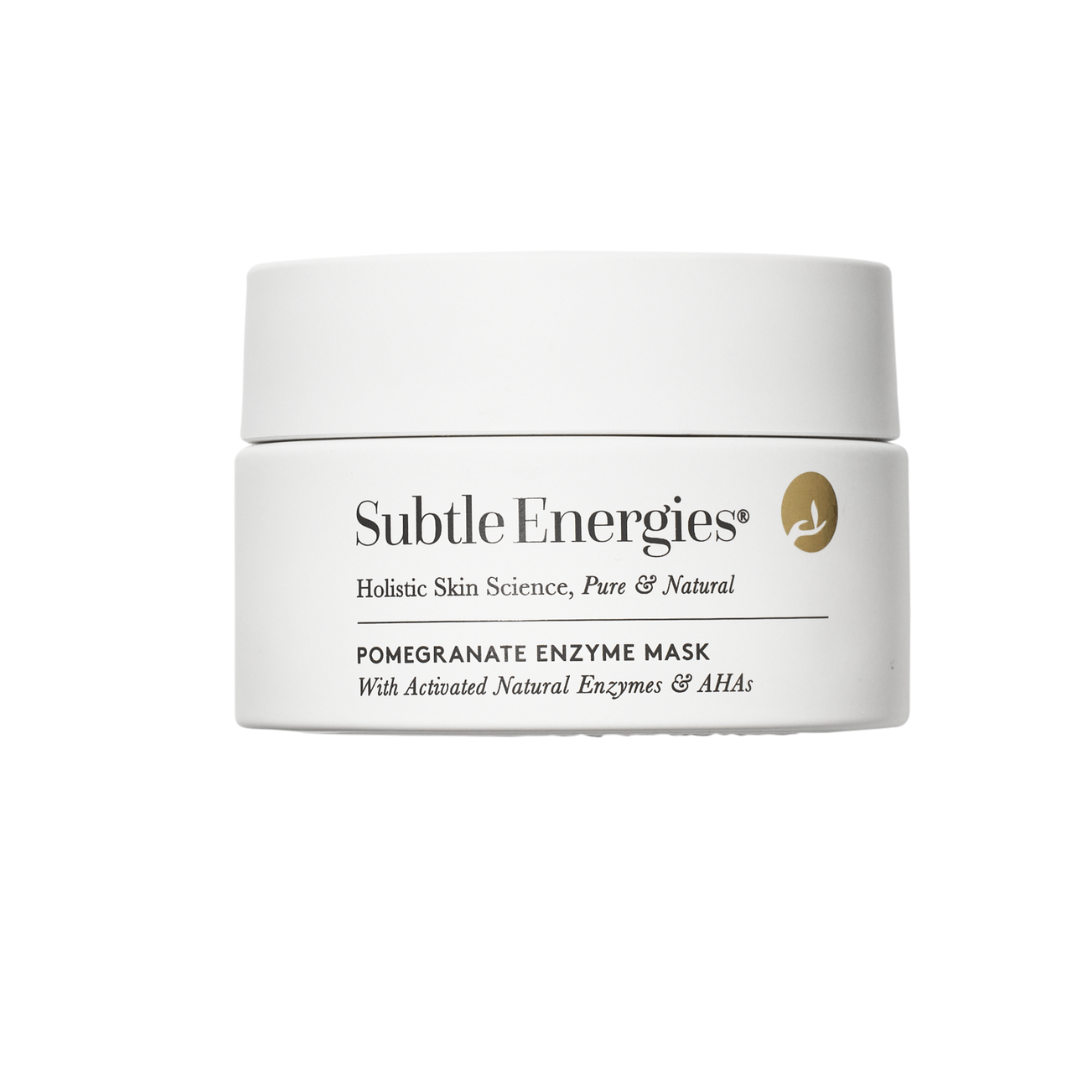
This mask is a transformative experience that harnesses the power of natural ingredients through enzymatic technology. There's a gentle tingling that shows the pomegranate enzymes are actively working their magic to delicately dissolve dead skin cells. After just one application, my skin looks brighter, feels smoother and radiates a newfound vitality. The Subtle Energies approach doesn't just treat skin - it honours the body's innate wisdom of renewal and balance. For anyone looking for a skincare experience that transcends conventional beauty treatments, this Pomegranate Enzyme Mask is an absolute revelation.
Lisa Oxenham is a trailblazing beauty editor, journalist, stylist, and creative director with over 20 years of transformative impact in the beauty industry. As the Beauty and Style Director at Marie Claire UK, she orchestrates high-profile shoots with celebrities and influencers, creating visually stunning and globally resonant content.
A passionate advocate for sustainability, Lisa serves on the Advisory Board for the British Beauty Council's Sustainable Beauty Coalition and the Media Advisory Board. She is also an ambassador for the Soil Association certification and the Amazon Research Institute. Through her "In The Loop" column, she keeps readers informed about the latest advancements in sustainable beauty and supports brands that champion environmental causes, emphasising the need for the beauty industry to reset its priorities.
Lisa's influence extends beyond words; she directs inspiring short films on sustainability and challenges in the beauty industry and is a sought-after public speaker. Recently recognised in the Who’s Who in Natural Beauty 2023, she also champions mental health and eco-conscious practices, demonstrating that glamour and environmental responsibility can coexist beautifully.
